Mute Words
Maya Angelou Paved the Way for Many
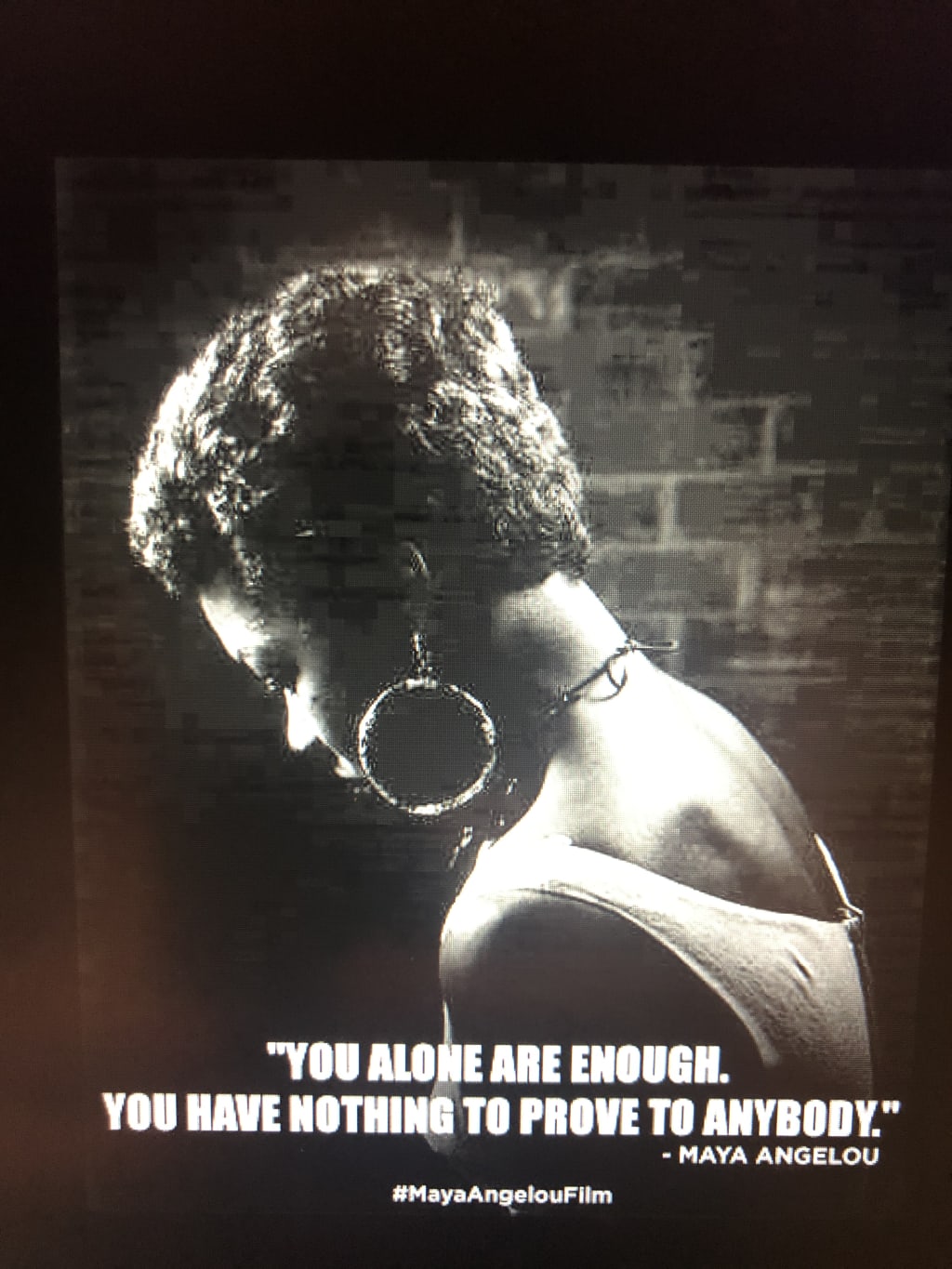
Maya Angelou, wrote seven autobiographies as a civil rights advocate alongside Martin Luther King, and was awarded the highest civilian honor by Barack Obama. For myself, Maya Angelou is a relatable heroine, whose courage and words raised me up when I was pushed down.
Both of us spent our childhood and adolescence completely mute. Angelou was silent for almost five years, after she was raped by a man who, when subsequently caught and confronted, saw only one day of jail time. It was perhaps this which led to the bloody reckoning to come later, as he was murdered, possibly by vengeful family members. She found no joy or solace in this conclusion though. Rather, she carried with her a guilt made heavy, for she had watched her words kill, guilty or not.
My life was not nearly as guided by misfortunes, but I relate to her agonized silence for I believe it was wickedly similar to mine. In that, during this time, she honed a power to observe and absorb information, to listen closely. Then to know the implications. I fell in love with literature, books and the power of words. As with her, it took a special teacher to provoke me into talking again. My sixth grade teacher. Ms. Camp. Angelou too credited her teacher and friend, Mrs. Bertha, for giving her back her voice.
From the confusion of her unconventional origin, she had discovered her place. She was unstoppable as she started to develop a talent so unique and gifted, no would could match.
From fry cook, to actor to being awarded the highest civilian honor in the U.S, Maya Angelou never stopped rising as a preternaturally imminent wordsmith. A role model for all and especially for black children and mothers. She was a champion of equality.
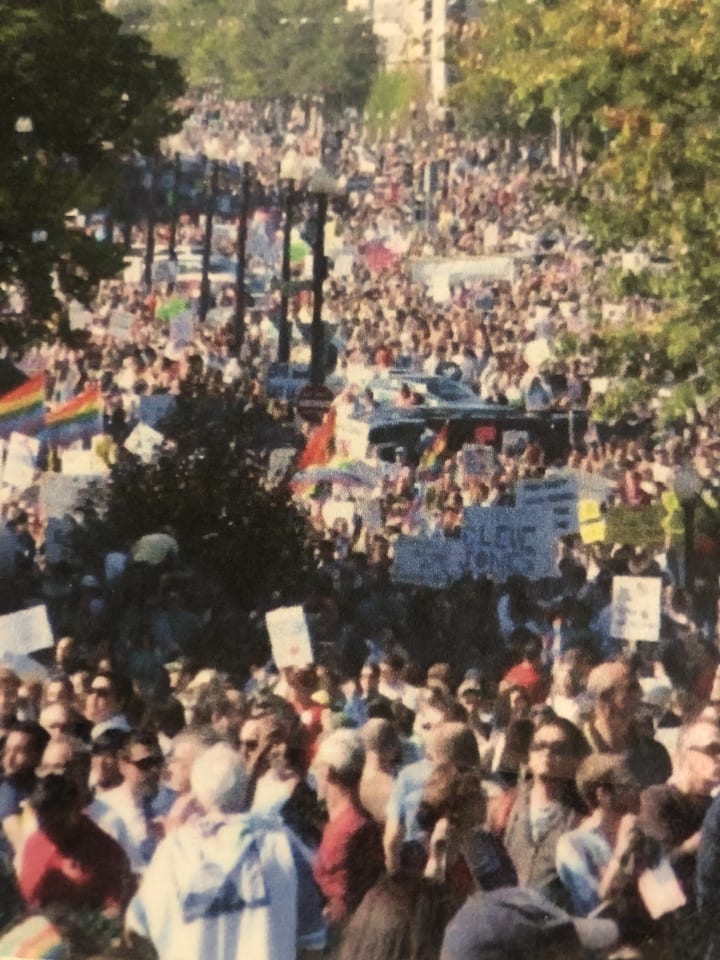
I often read her works to give me the courage to fight inequality, LGBTQ inequality as I identified in the mid-nineties as one of those letters. When I spoke up then, at first I regretted it, becoming exiled from my church and faith, half my immediate family and most of my extended family stopped talking to me and only about me and lost all my friends, including my first great love. The challenge of being different is not for the faint of heart.
Maya was abused by her mother’s boyfriend, I too was abused by a neighbor. A church host and spokesperson who groomed me was later tried for doing eerily similar acts to another suburban white girl from a prominent family. Unlike Angelo’s justice miscarriage, he received a 15-year prison sentence. A much more appropriate span of punishment next to the utter insult and rampant favoritism displayed for Angelou’s accused.
My Father raised me with the knowledge that unfortunately in the United States, even in the eighties and nineties, even though many white people had dismissed racism as a yesterday’s problem he knew race and gender still mattered. That even though we were white, and were benefactors of the privilege offered by being so, we did have to fight for others. Even still, a white woman would not be given the full range of opportunities offered to my male counterparts. He wasn’t wrong. Especially in the strict patriarchal culture where we four sisters were raised. My sisters, all highly accomplished hard workers, admit that it hasn’t been without its difficulties. They grew up speaking to a room of men at law or medical school, as they watched with disinterest and a poorly disguised impatience. They would take the stage to reiterate some of the ideas presented by the females, and regale at their genius as this same idea was presented anew, in the more traditional format that favors the already established to stifle any new ideas that would challenge their say.
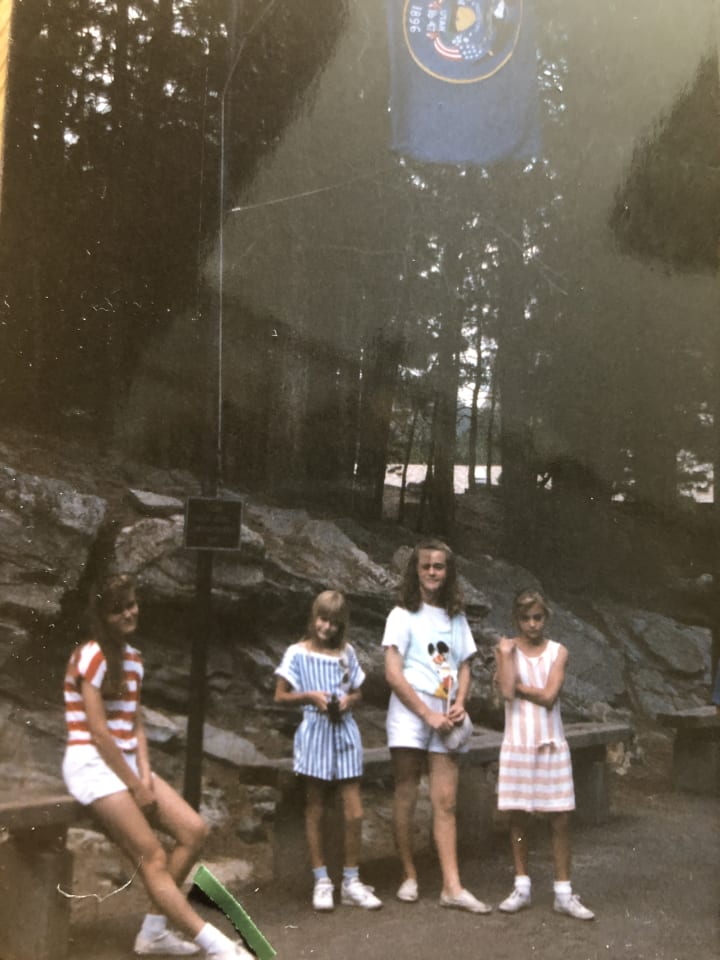
Unlike Angelou, I can’t even begin to understand what it was like growing up in the thirties, fifties, sixties, and so forth as a black female. So many times she was pushed down, only to rise again.
A pioneer for giving voice to female writers everywhere to relate their experiences of injustice without fear of condemnation or judgement. She wrote fearlessly, with freedom and raw passion, opening doors for many to find their defiance and step into their full power. Paving the way for fresh, new and daring female voices.
She went on to develop the first original script by a Black woman to be fully funded and produced, “Georgia, Georgia,” in 1972’. Plus, she became the first Black female film director, directing “Down in the Delta” in the late nineties.
Facing criticism and removal of some of her books by school libraries, who objected to her writing on “forbidden” topics at the time, including, and certainly not limited to lesbianism and premarital cohabitation. She chose to focus on her works being widely accessible and was available worldwide in many libraries and universities.
She was the first poet since Robert Frost to recite an inauguration poem, for President Bill Clinton.
Making waves and headlines wherever she went, she brought an iron fist to the glass ceiling, and used it.
My favorite poem of hers,“Still I Rise,” gives me shivers and imparts strength whenever I read it. Especially out loud. With these words, I can see hope, that a history of painful shame can be defeated and the dreams of slaves or anyone disadvantaged by being willfully disenfranchised will one day be heard.
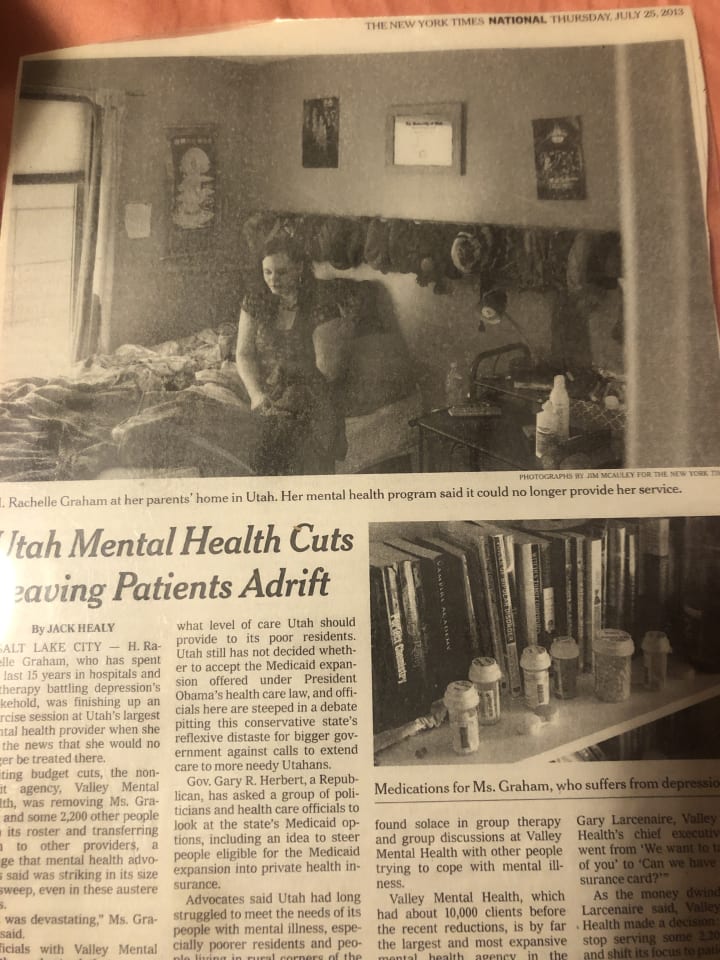
I experienced a decade of personal depression. I was shameful of my sexual orientation and permissiveness, and found myself vulnerable to the slippery slope of domestic abuse. Bullied by my peers for years, spit on and beaten. I turned to those, like Angelou for support. Words on the page were my only solace as my voice was still hidden in my wounded mind and trapped in a state of frozen lips. When this wounding seemed too much to bear, I got up again and called for help.
Like Angelou and her poem, “Still I Rise.”
Chosen by Martin Luther King Jr. to organize a march. She agreed. Instead he was assassinated, on her 40th birthday. Angelou was hit hard by this and spiraled into a deep depression.
Still, She Rose.
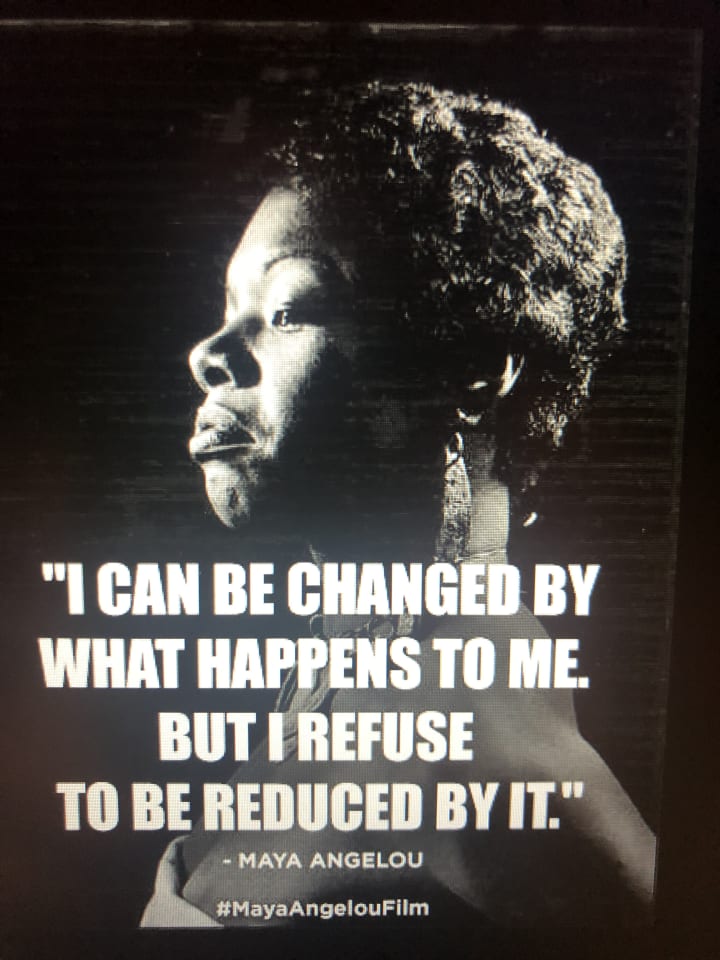
With the help of her friend, James Baldwin, and with no experience, she wrote, narrated and produced, “Blacks, Blues, Blak!” which aired on National Educational Television. It was at a dinner party that fateful year, that her luck took a long due turn for the better, as he met her future editor of Random House, where she started to write her first autobiography, “I Know Why the Caged Bird Sings.” It received her international esteem and acknowledgement after its release in 1969.
Finally, as the world calls for even its angels to move on, she passed away in May of 2014 of poor health and the old age of 86. She may not have spoken or recited her work at the most recent inauguration, or organized any of the most recent protests for black civil rights, but her spirit and words inspired me to be involved and likely many others. She was an inspiration for me in supporting the first female vice-president. I fight alongside my now biracial family, my latino husband and stepdaughter, to have the simple rights that I took for granted most of my life, as I walked alongside my fellow comrades, at the 2009 National Equality March in Washington D.C.
I believe, somehow, Angelou is fighting with me.
I found a faith, like hers, that accepted me as I am. Also, I trust my inner intuition as my highest guide to unconditional love, acceptance and responsibility for all the Earth and its inhabitants.
Although she received her heavenly wings, her messages of faith in hardship will live on forever. For she knew why the caged bird never stopped singing.
Like her, I will continue singing. And breaking down glass ceilings, even with my bare, tired hands. If I could only accomplish a hundredth of what she did, it will be worth it.
About the Creator
Honey Rachelle Graham
I love to write and I tend to enter some form of quantum field when I write as hours turn into minutes and the day flies by.






Comments
There are no comments for this story
Be the first to respond and start the conversation.